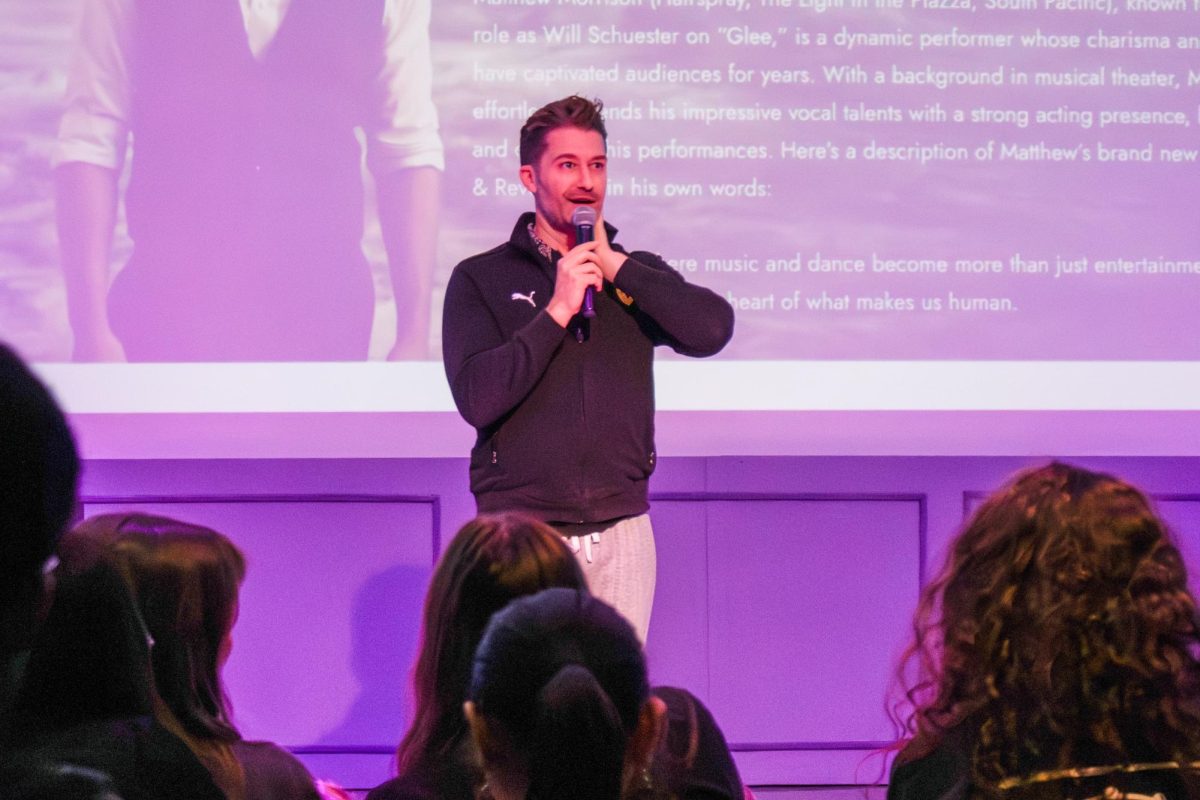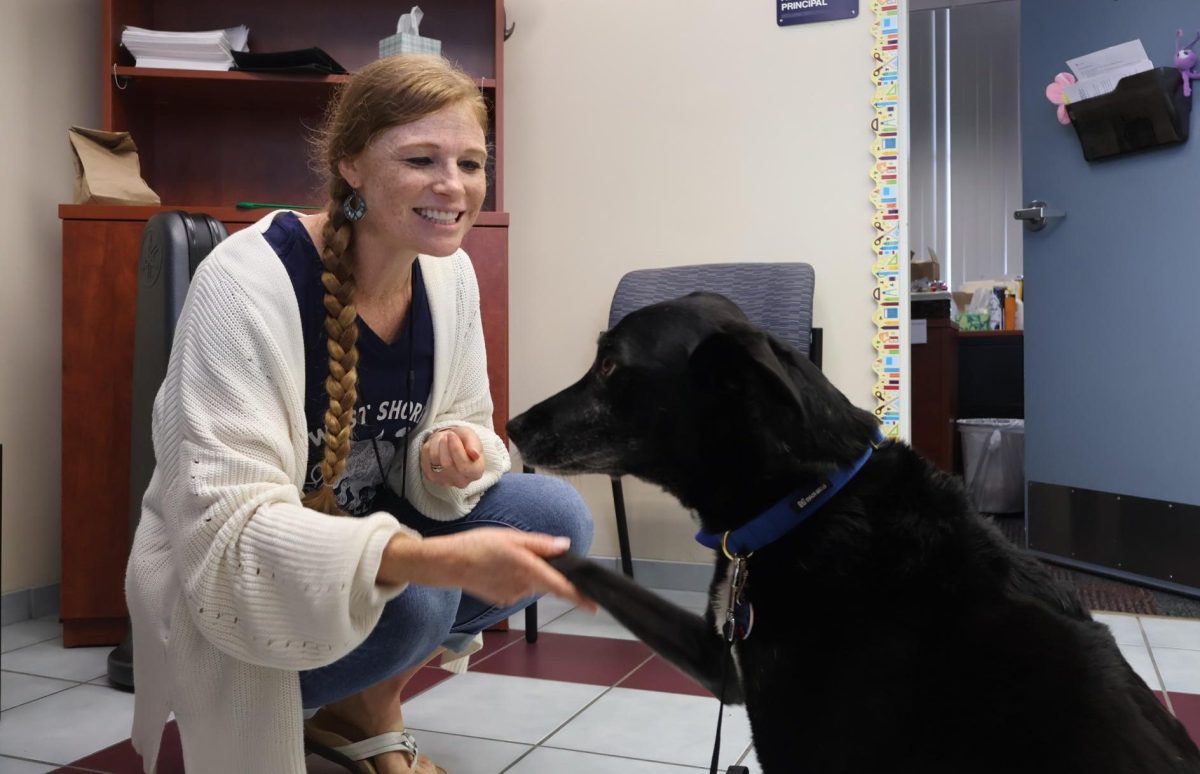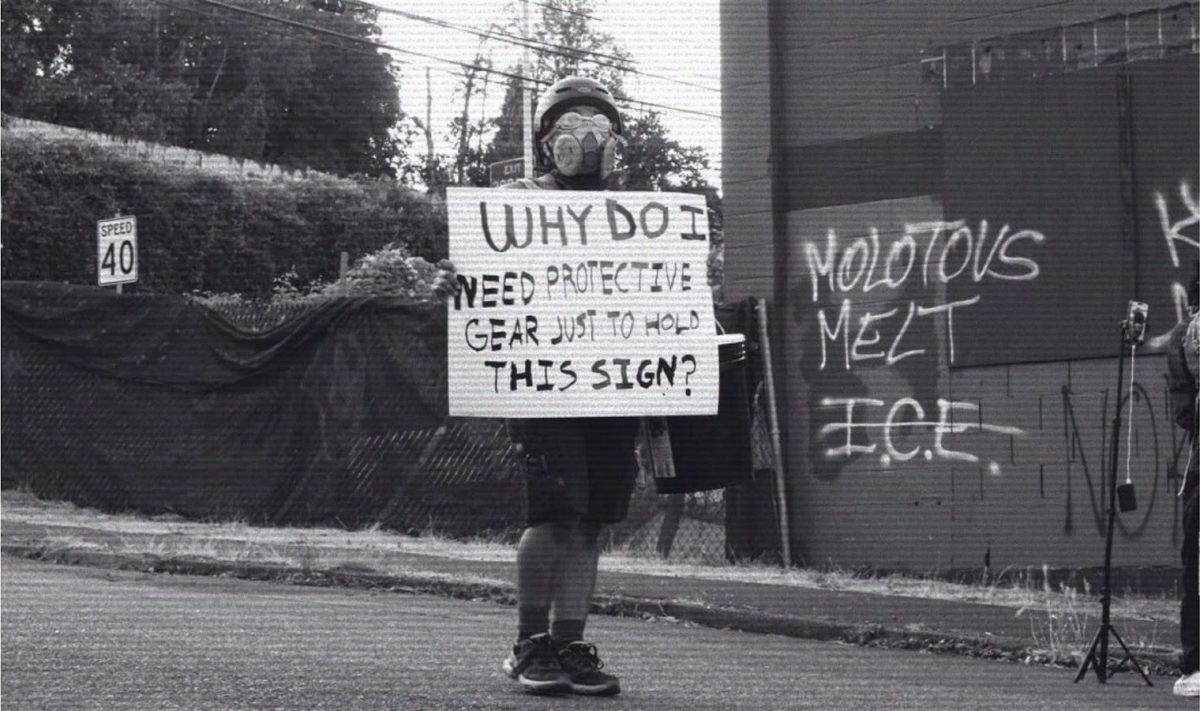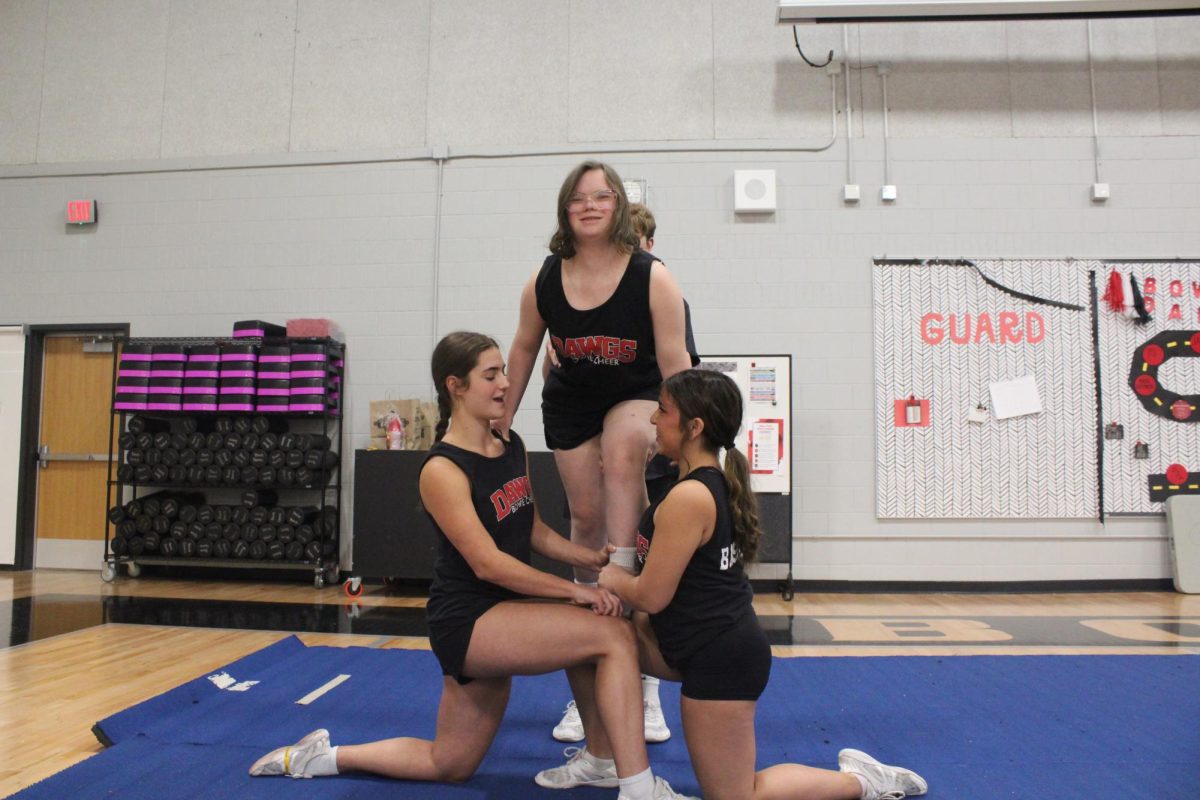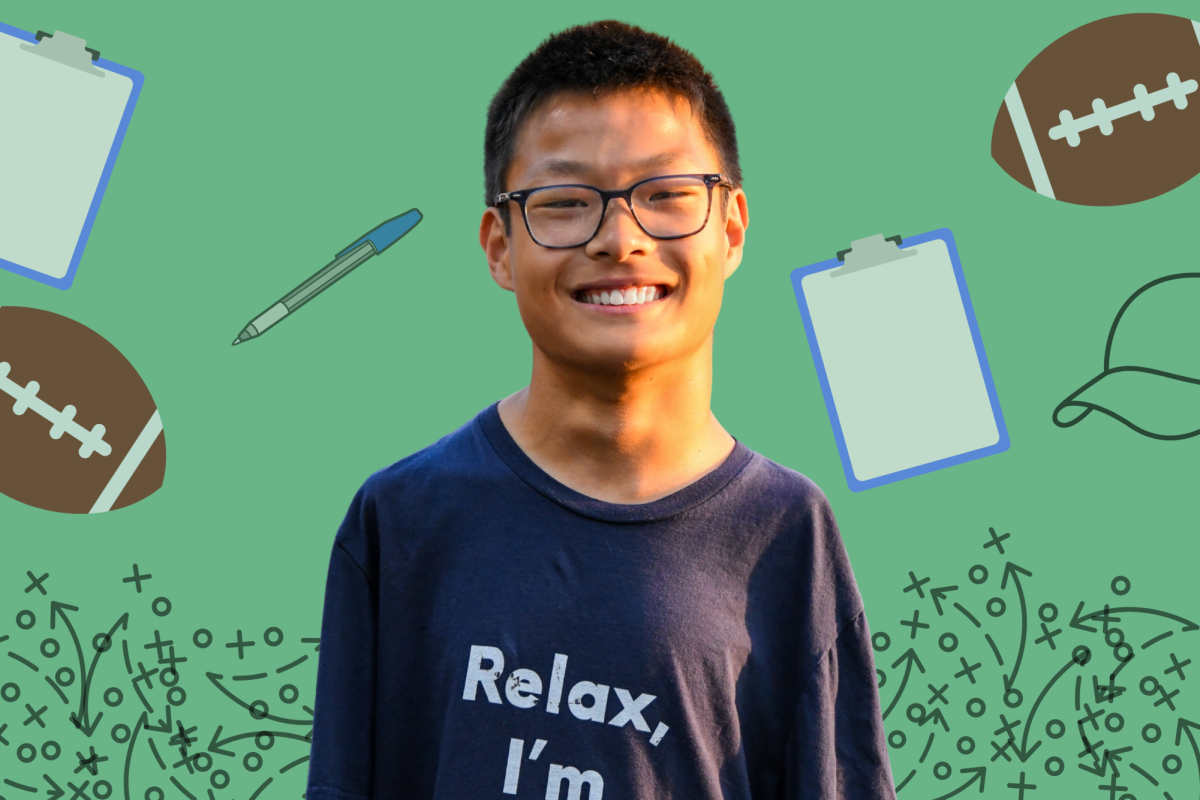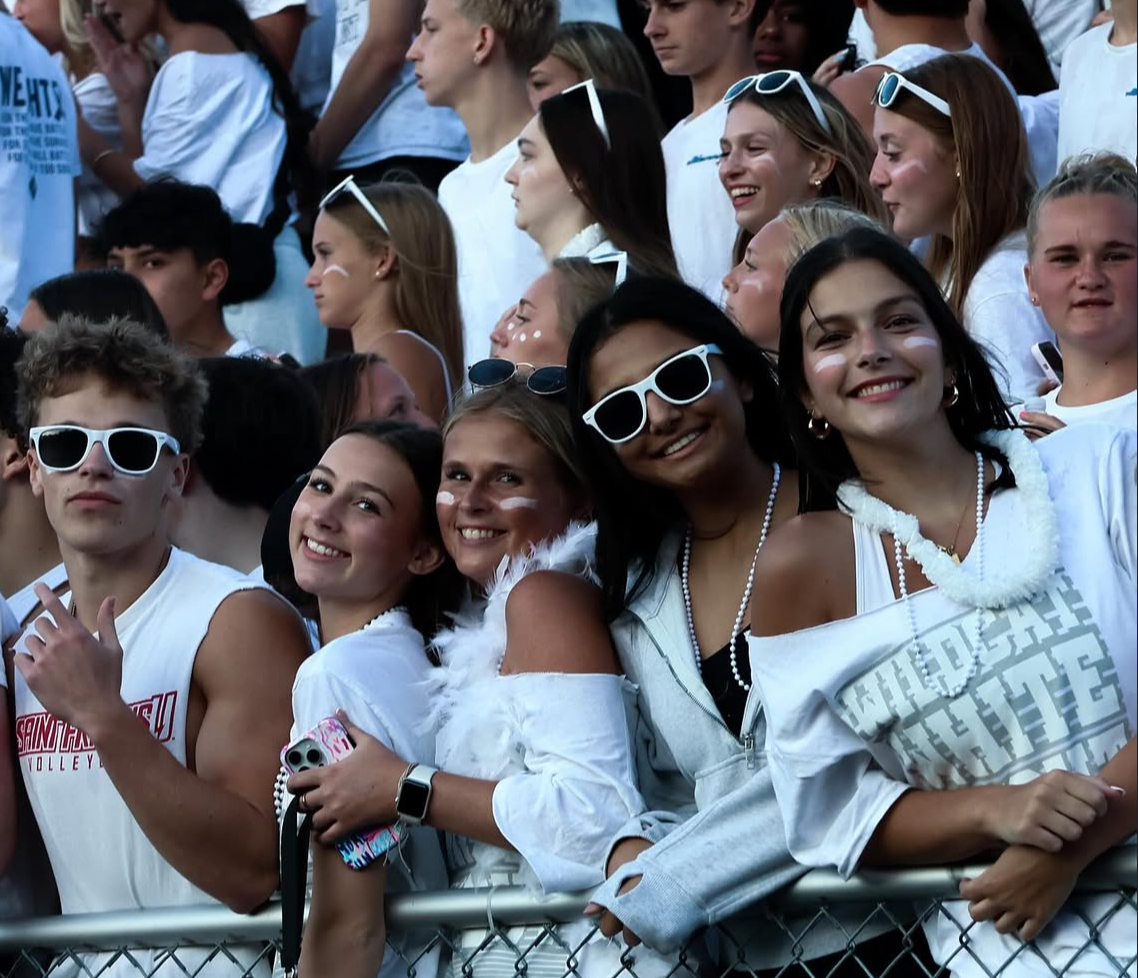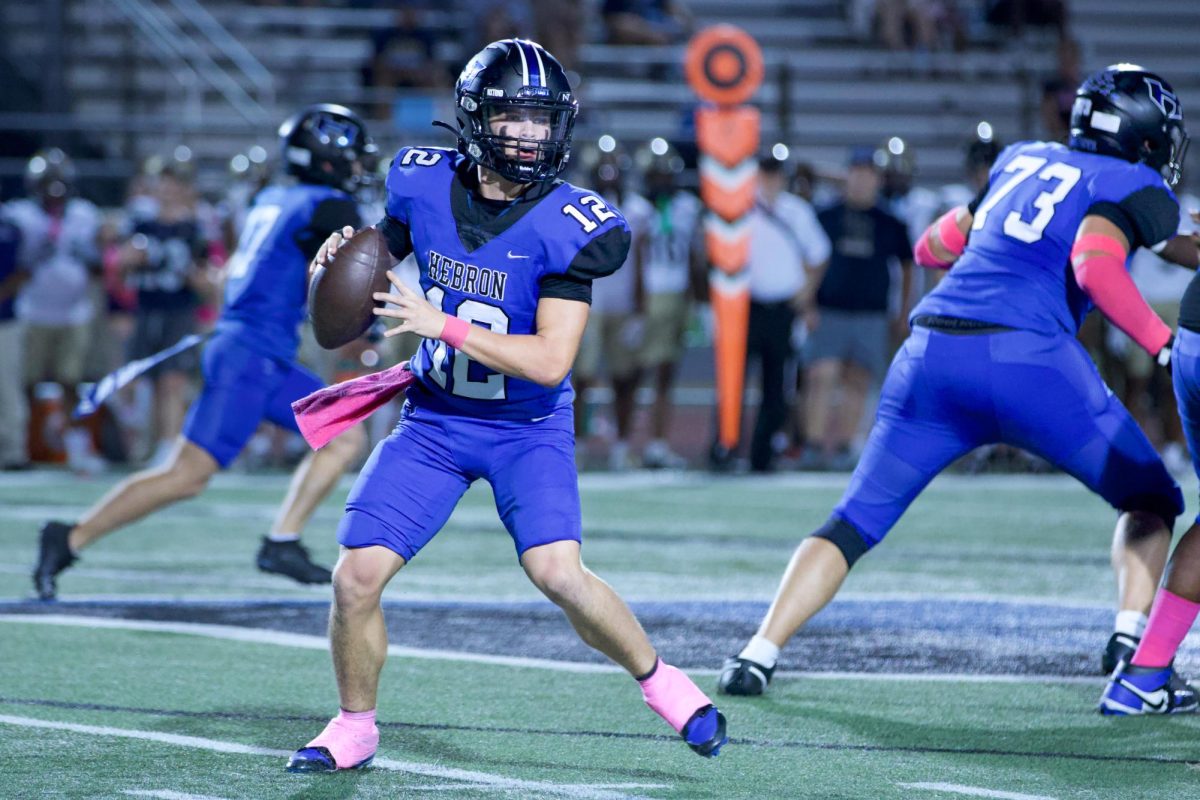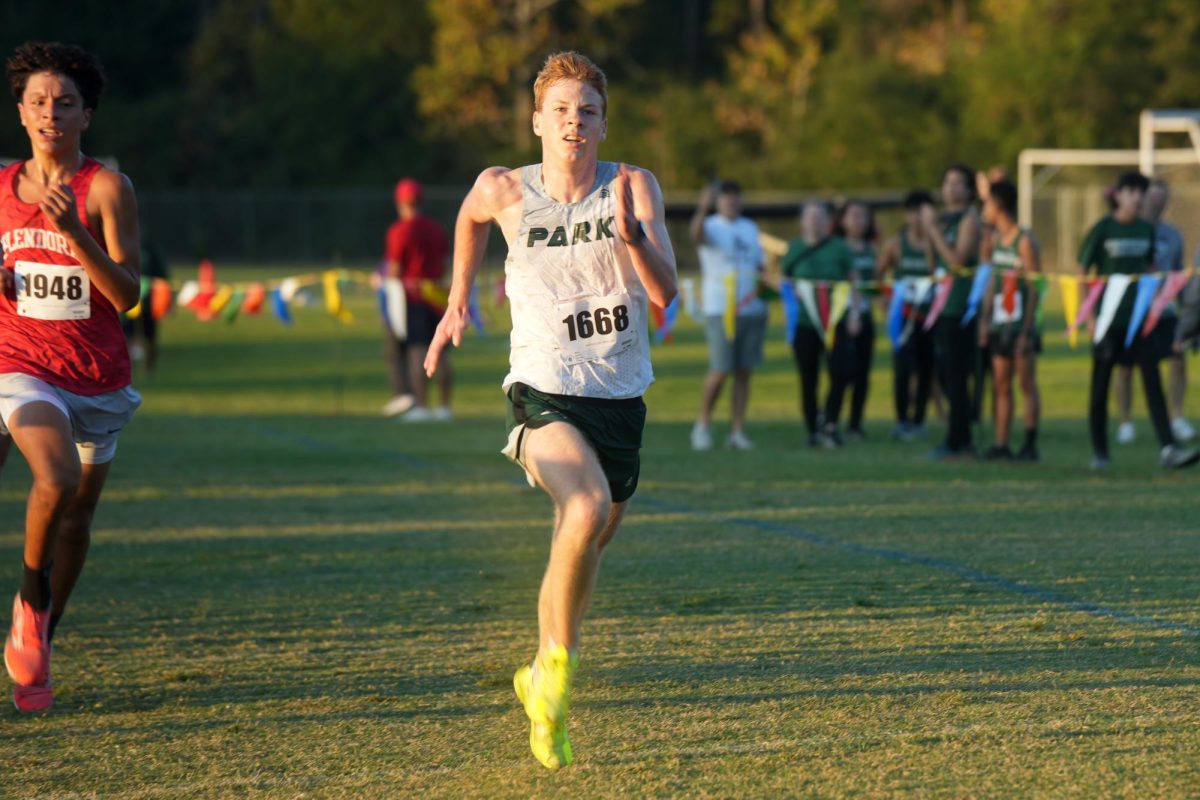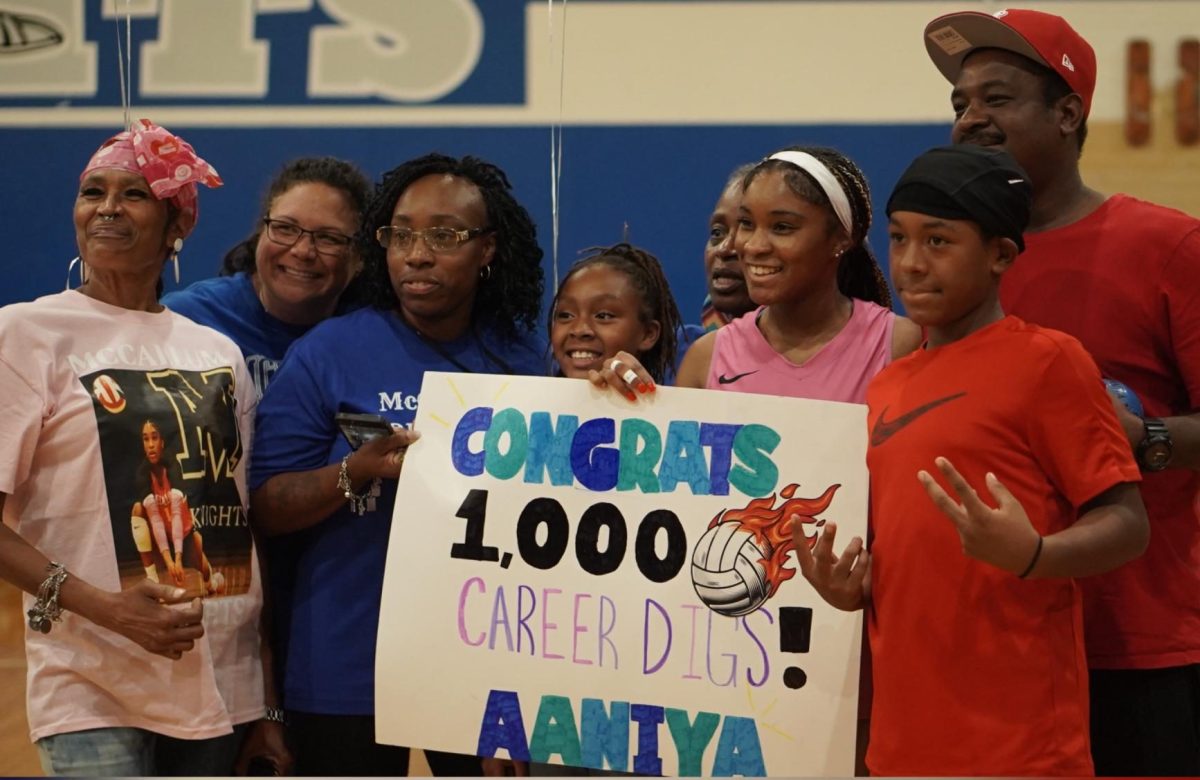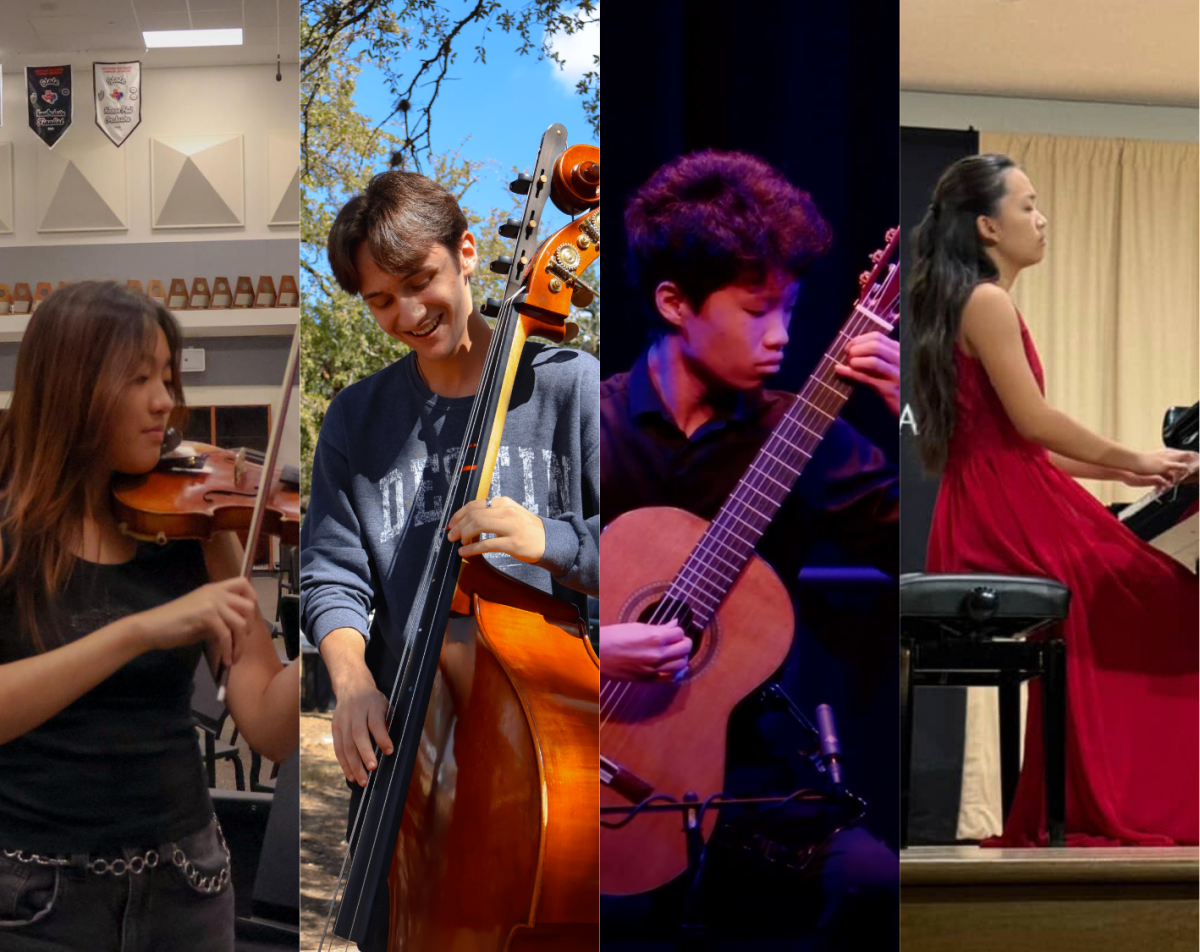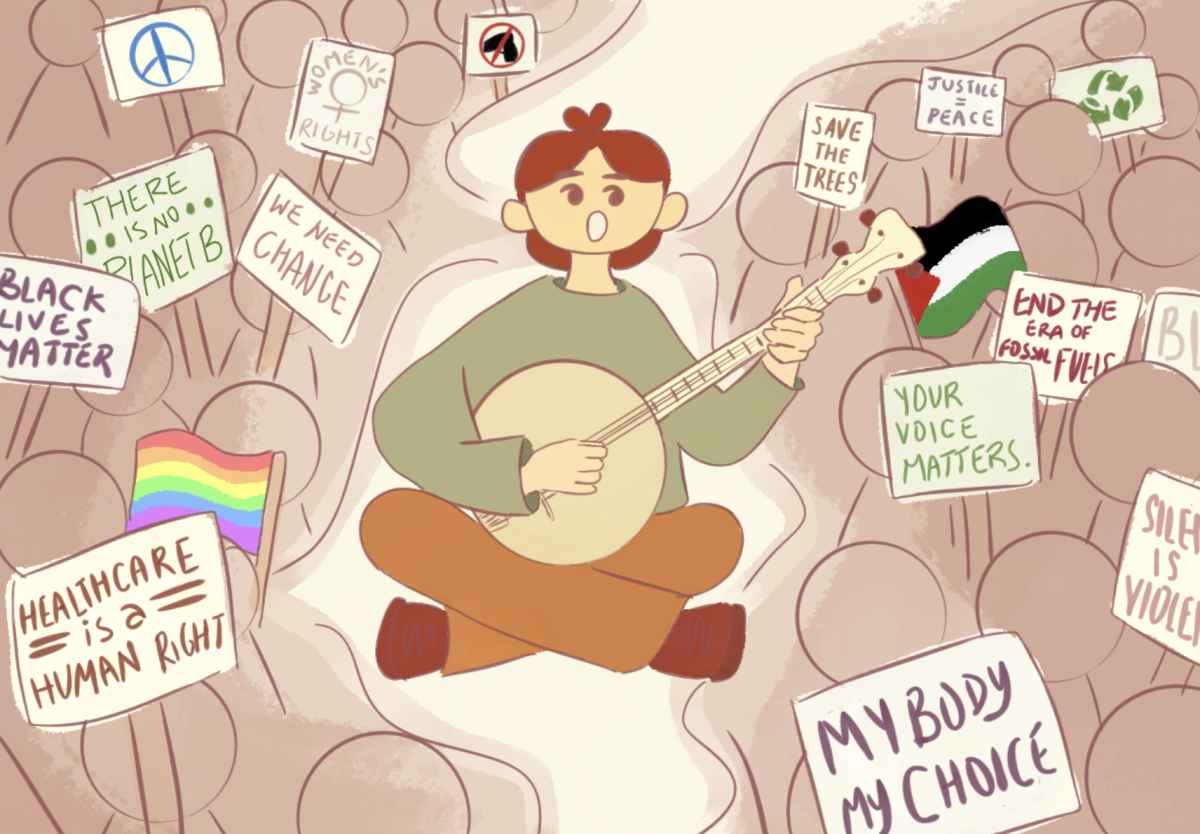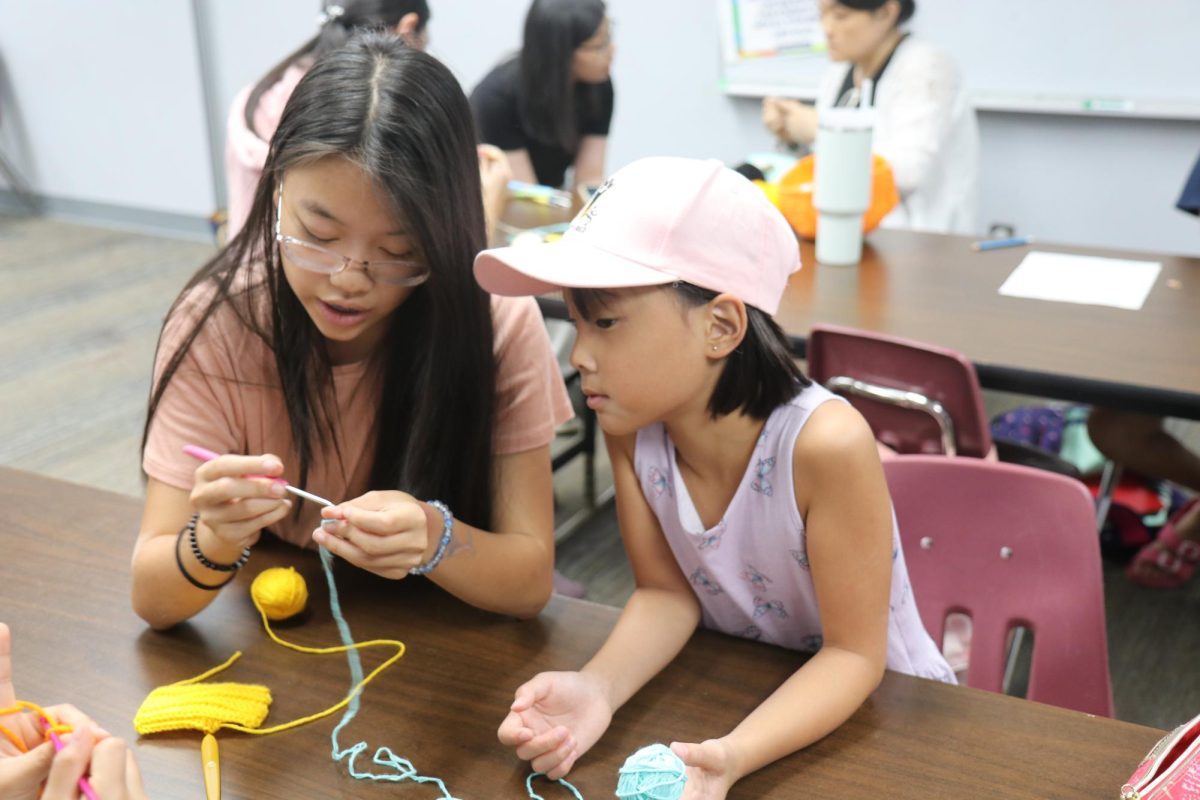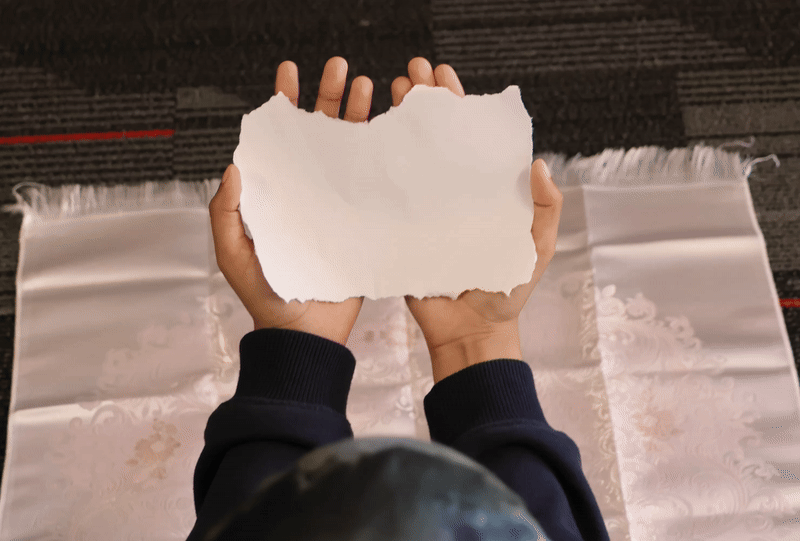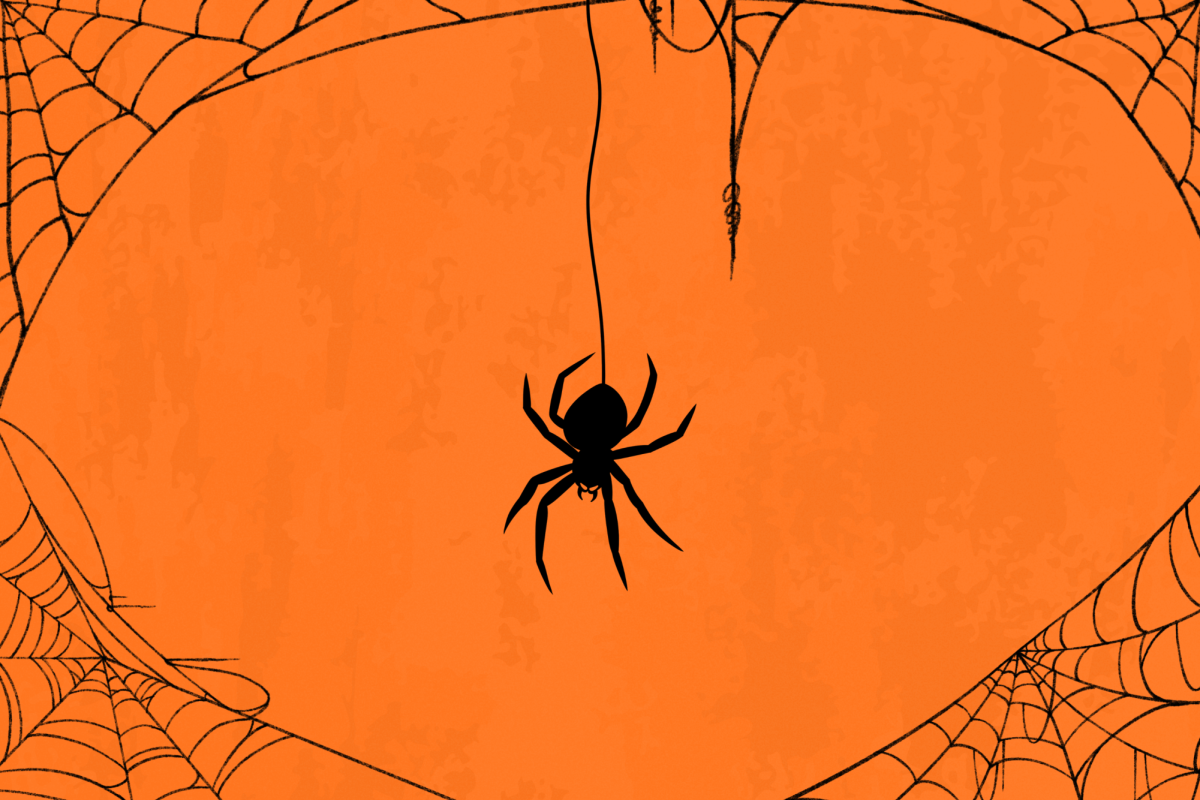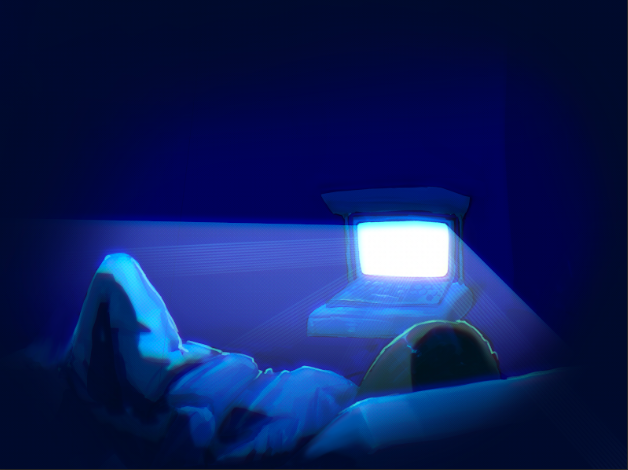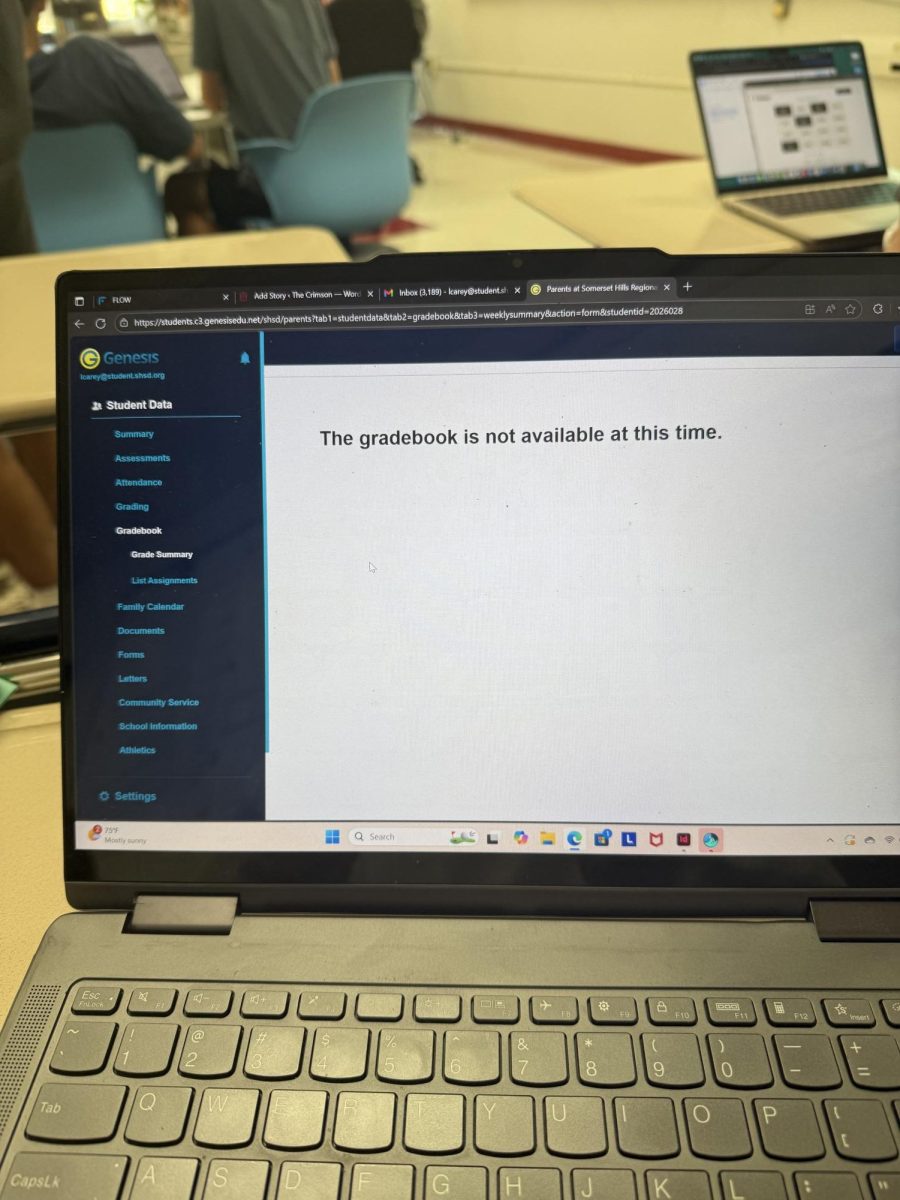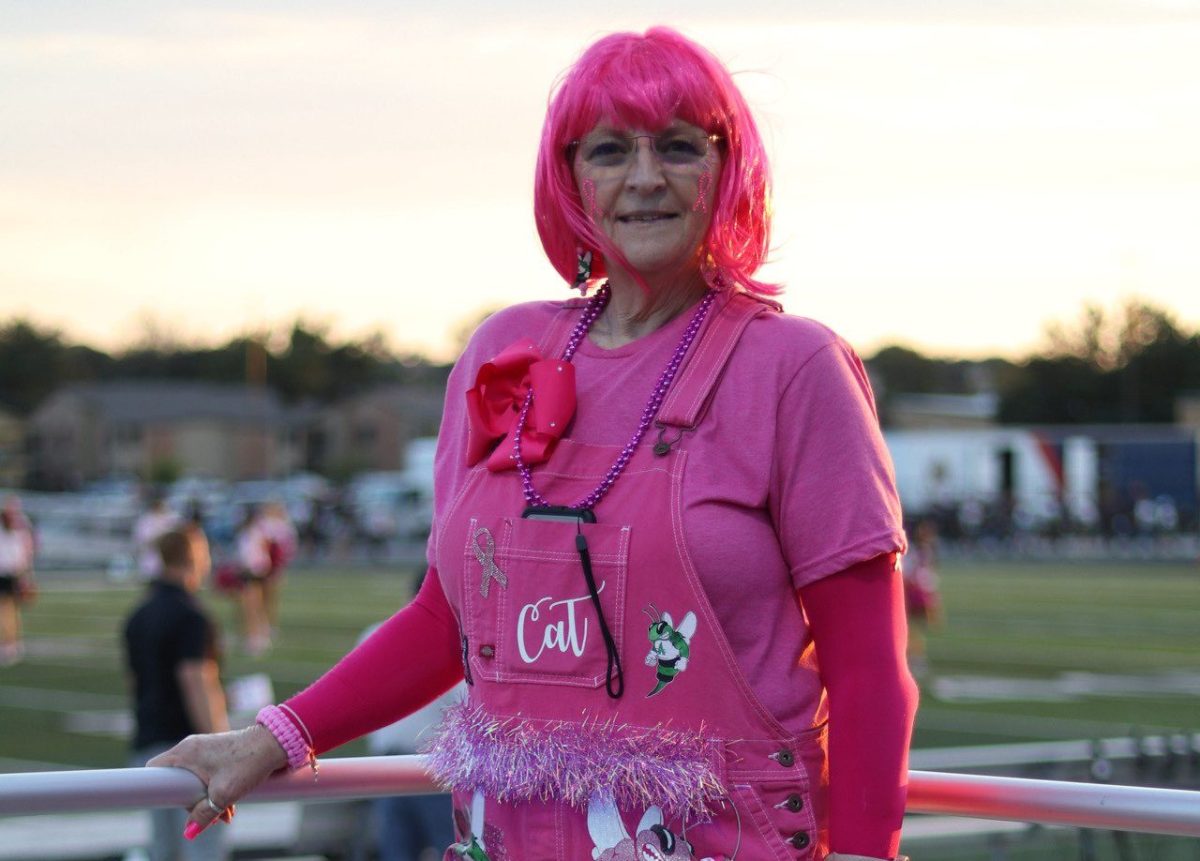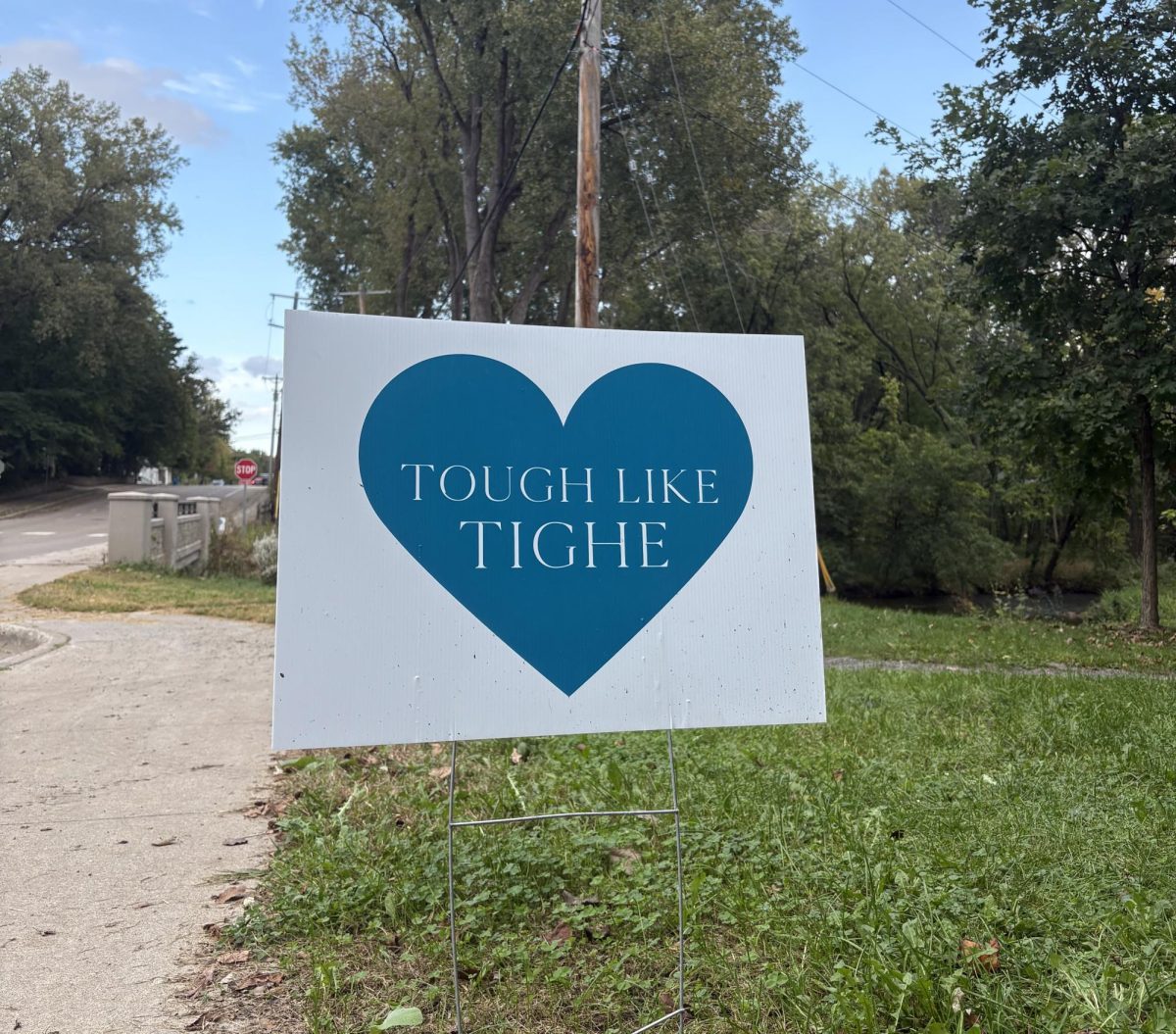Most Segerstrom students have spotted me navigating campus with my white cane. Sometimes, they nearly collide with me and stammer a horrified apology. On occasion, they later approach my friends with questions about my disability. The questions vary; some ask about braille, others about how I navigate independently. These questions do not offend me. I admire that individuals are attempting to grasp a broader understanding of blindness.
I complete my schoolwork in braille, a six-dot code used for reading and writing. Teachers send schoolwork to a transcriber several weeks in advance. The assignments are then transcribed and embossed in time for me to complete them along with my peers. I have access to a device called a Braille Note with which I can submit my work through email.
Most blind students must meet with an orientation and mobility specialist for an allotted time each month. In these sessions, we learn to navigate our surroundings independently. Through these lessons, I’ve learned to cross streets by analyzing traffic patterns, planning and executing bus routes, and using my cane to the best of my abilities.
There are many misconceptions about the blind. For example, blind people do not have super-hearing. Because we rely on our hearing, we’ve trained ourselves to recognize sounds that the average sighted person wouldn’t notice. Additionally, most blind people do not feel faces to identify individuals. Another incorrect assumption about blindness is that every person who is blind has completely lost their vision. Nine in ten blind people, including myself, have remaining sight. Blindness encompasses a spectrum of vision loss.
I may be the only blind student at Segerstrom, but I am far from the only disabled student in the nation. There are thousands of us, and we are everywhere. Although our experiences vary, we share the hope to one day live in a world that is more inclusive and accepting. Awareness is the first step toward that future.
However, most people are afraid to ask questions about blindness due to the negative stigma surrounding disability. Going out of one’s way to avoid broaching a subject doesn’t satisfy one’s curiosity, and it is often isolating to be on the receiving end of this behavior. This is one of the reasons disability remains an unspoken horror to able-bodied individuals. In reality, blindness is not my defining characteristic, but rather a small facet of my life.
I don’t spend hours a day grieving over my lack of sight, and neither do any of my blind friends. We play sports, study for exams, and enjoy movies and television shows. Blindness rarely holds prominence in our day-to-day lives. So the next time you see me around school, don’t be hesitant; ask a question.
This story was originally published on The Jag Journal on October 27, 2023.


